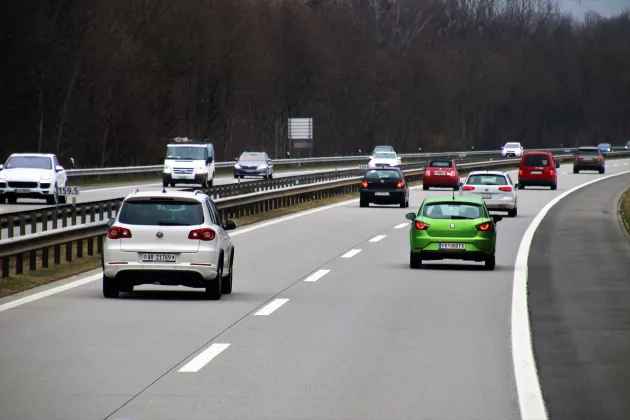Car sharing is promoted as one alternative to decrease emissions from personal transport in cities. Most emission assessments have focused on the production and use phase of car sharing, but few have focused on the impacts of changes in consumption. In this article I assess changes in the total output from various sectors and in the carbon footprint of car sharing users from a consumption perspective. This study applied a mixed top-down and bottom-up approach using scenario analysis. It is based on a detailed expenditure analysis that links changes in expenditure to variations in the total output of sectors and the carbon footprint of personal mobility using environmentally extended multi regional input and output analysis. The results show that car sharing can change the total output of several sectors, with traceable climate consequences. Variations in total outputs from sectors depend on existing national economic structures. Car sharing users who abandoned private car ownership can decrease their carbon footprint of transport by approximately 40 %. Car sharing users with a car-free lifestyle who started using car sharing for 3 % of their vehicle kilometres travelled increased their transport carbon footprint by 0.42 % to 0.70 %. Meanwhile, the rebound effects of re-spending can be as high as 70 to 85 %. This indicates that the potential carbon savings from car sharing may be drastically reduced by non-transport related consumption. Differences between the carbon footprints of business-to-consumer and peer-to-peer car sharing users were marginal.
Read the article here.





